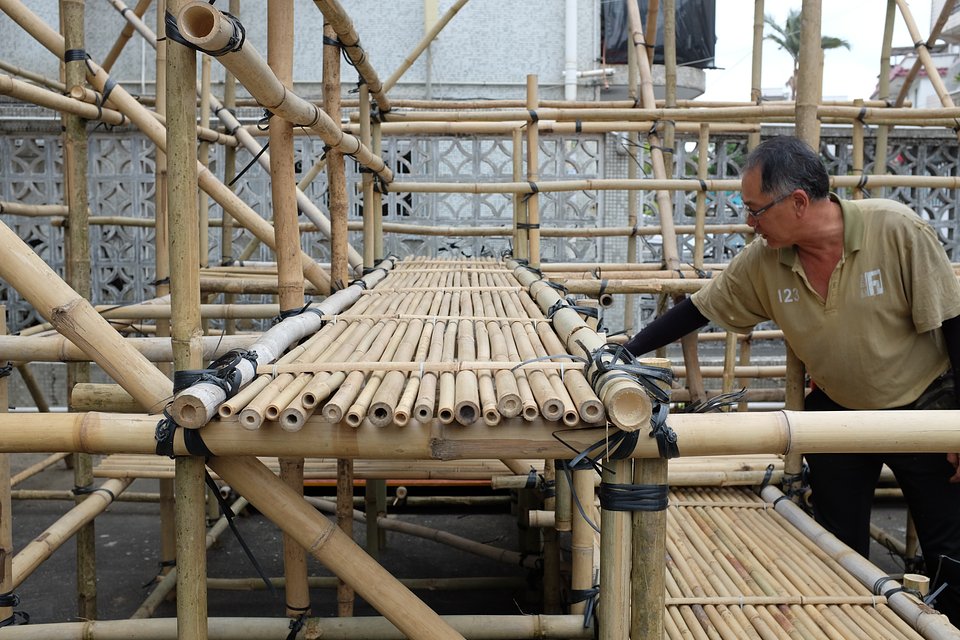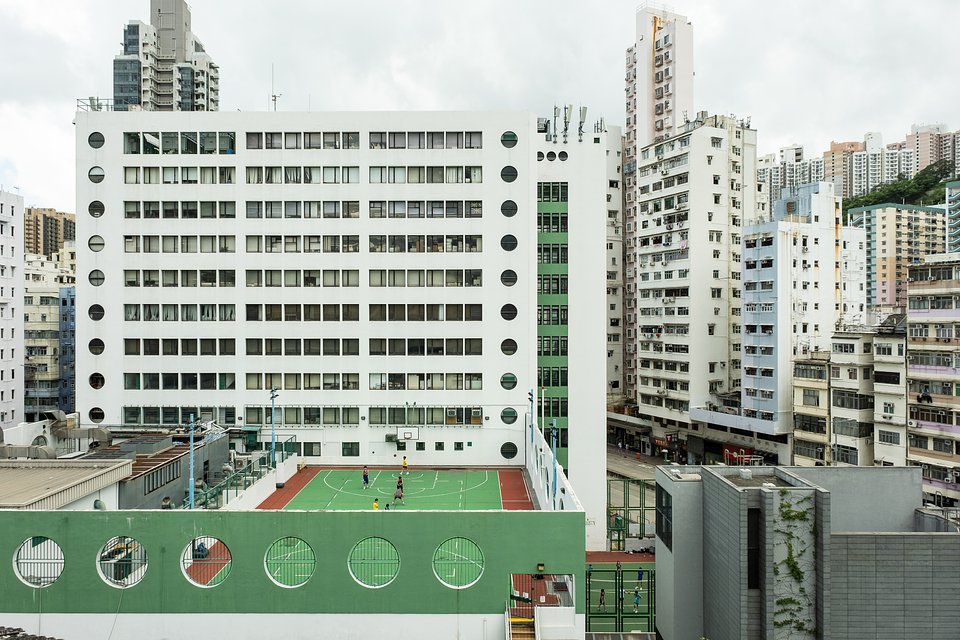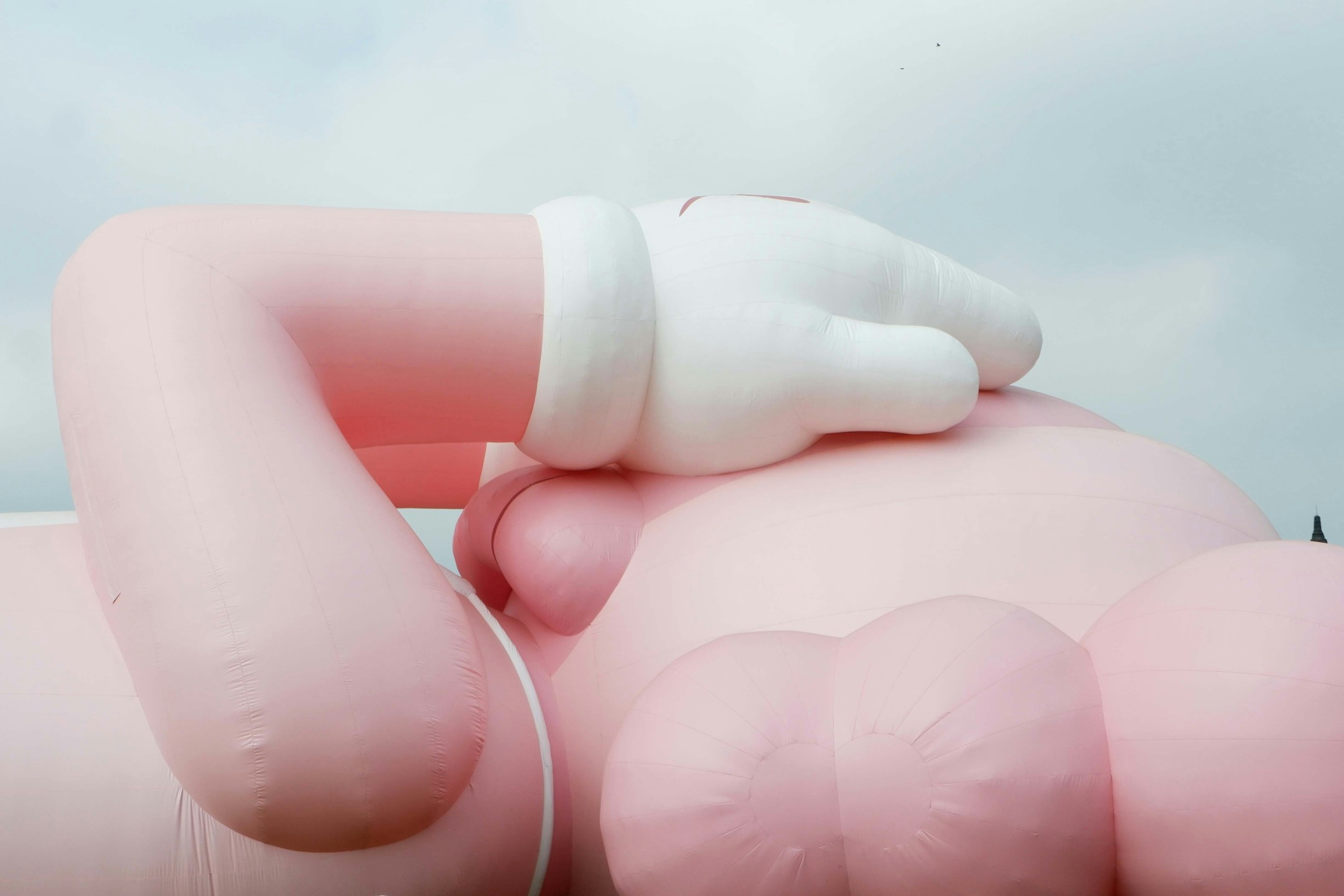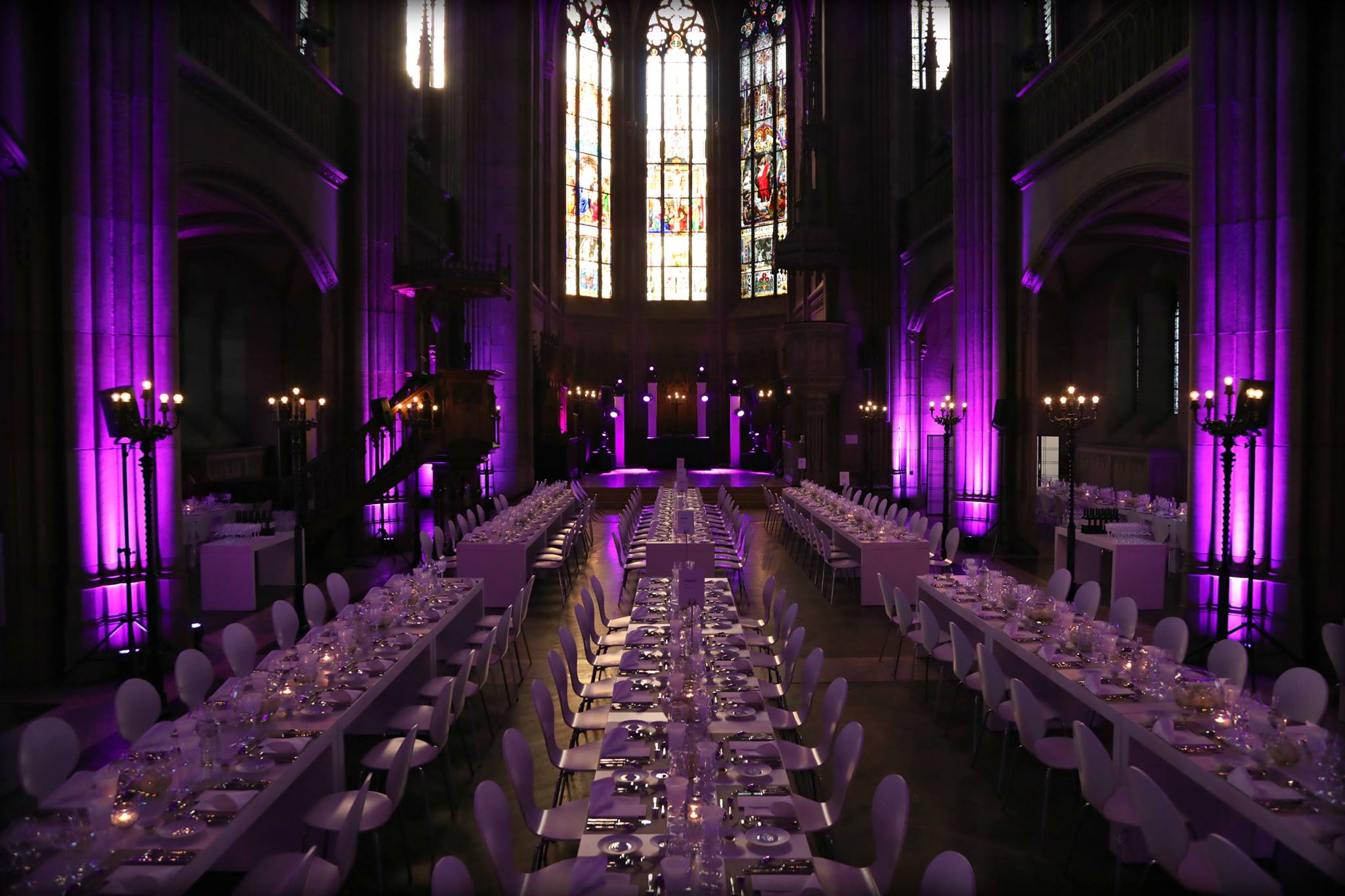Header: Physical model of Front Entrance, photographed by Eryn Kam and Holiday Chan, courtesy of The Curatorial Team of VBHK 2025
Hong Kong is a city with a much more complex and instructive urban condition than its familiar image suggests; one just needs to explore a bit to find out. In this year’s Venice Biennale, visitors will get to see the unknown, unsung version of the international city: a version of Hong Kong not found in the skyline of glass towers above Victoria Harbour, nor in the open-air dai pai dongs where financiers eat lunch at plastic tables, or in the neon-lit nostalgia of Kowloon streets. Instead, the city appears in the background of daily life, in the public infrastructures that quietly define how the city functions and adapts. These often-overlooked structures will form the basis of Projecting Future Heritage: A Hong Kong Archive.

The exhibition focuses on public architectures that emerged during Hong Kong’s postwar decades—structures that have long addressed issues now central to global urbanism, including climate adaptation, density management, and the provision of shared public life. These examples include composite buildings, estate centres, market complexes, public housing, and vernacular villages—many of which are under-documented and at risk of being lost to redevelopment.
Curated by Fai Au, Ying Zhou, and Sunnie S.Y. Lau, the exhibition responds to Chief Curator Carlo Ratti’s theme, Intelligens. Natural. Artificial. Collective, by foregrounding the collective forms of intelligence embedded in Hong Kong’s urban design. These infrastructures are framed not as monuments but as working systems shaped by evolving needs and local knowledge, and as potential models for future urban scenarios.
The exhibition is installed in two distinct areas of the Campo della Tana in Venice: the courtyard and the adjacent warehouse buildings. Inside, visitors will encounter an archival presentation of Hong Kong’s urban fabric, drawings, models, photographs, diagrams, texts, and other materials that document the city’s recent architectural past. A series of pull-out drawers contains research on the concept of “future heritage”, forming a record of buildings that may soon be altered or disappear.

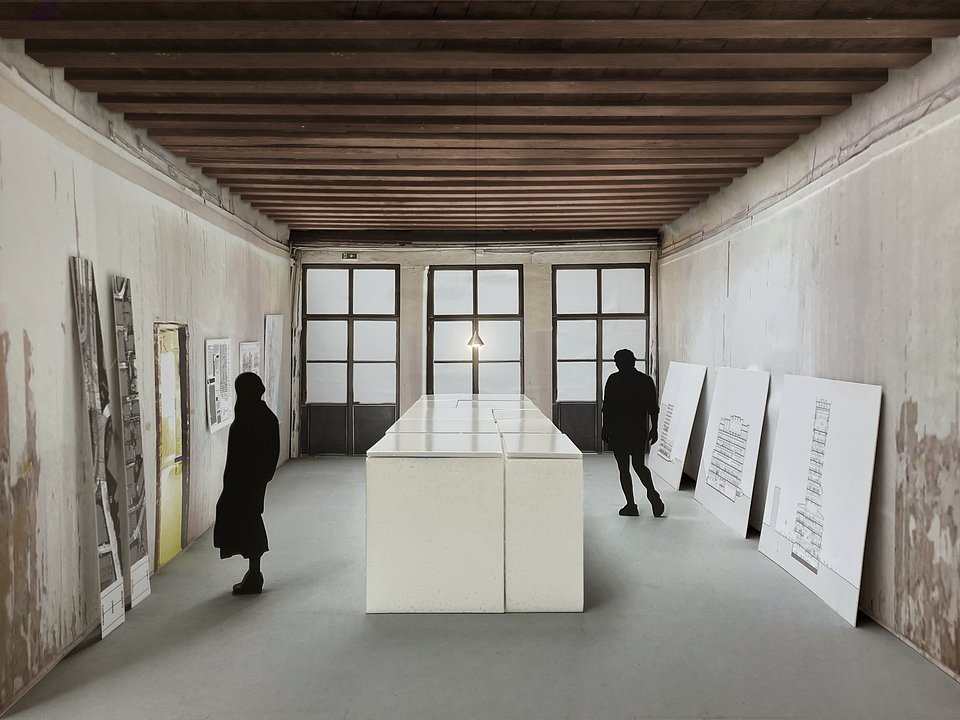
Outside, a bamboo scaffold will be built by Hong Kong’s shifu, or bamboo masters. Bamboo scaffolding remains a visible but diminishing feature of Hong Kong’s construction culture, shaped by a circular economy that once sustained it. In this temporary installation, the scaffold functions both as a structural gesture and as a frame for connecting Venice and Hong Kong—two cities shaped by trade, exposed to environmental pressures, and suspended between natural and artificial systems.
The Hong Kong Institute of Architects Biennale Foundation (HKIABF) and the Hong Kong Arts Development Council (HKADC), with the Hong Kong Institute of Architects (HKIA) as a partner, are organizing the exhibition. The Cultural and Creative Industries Development Agency (CCIDA) is seeking funding support.
